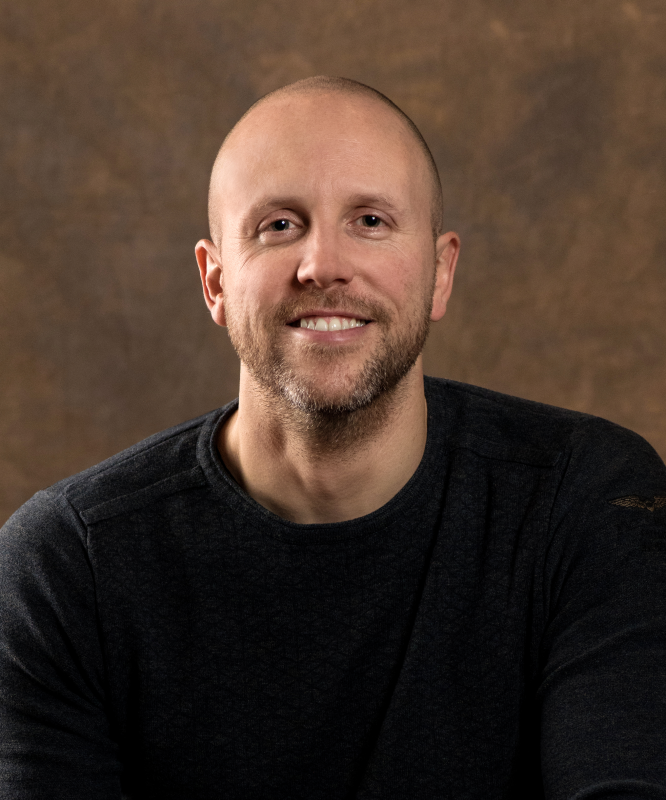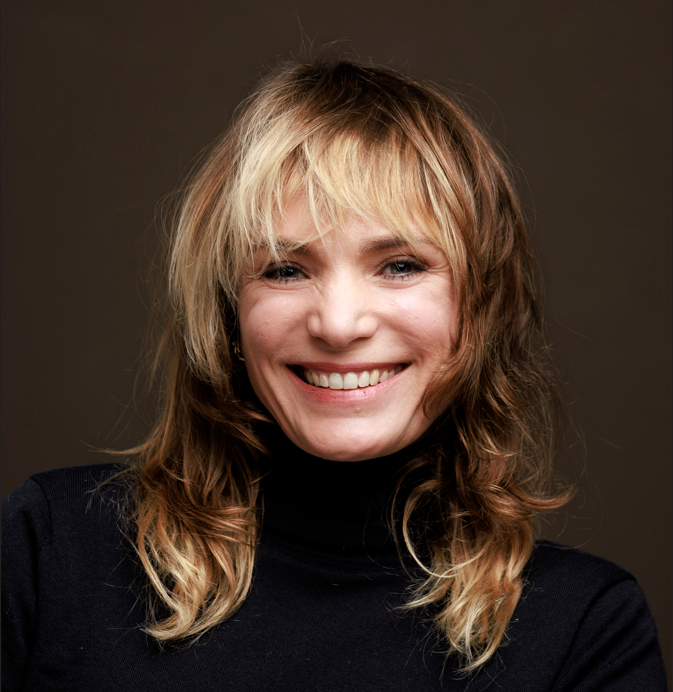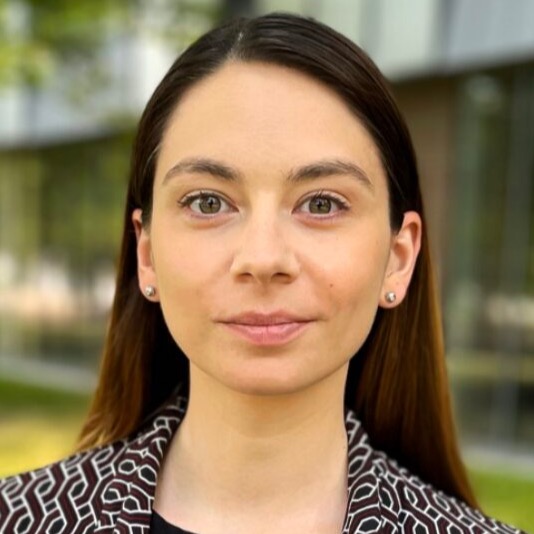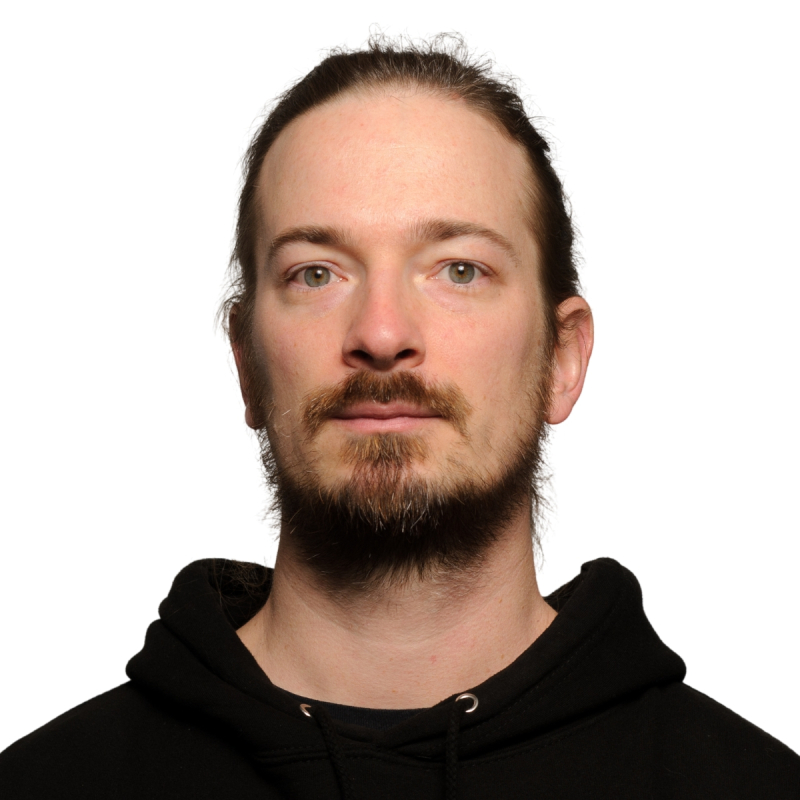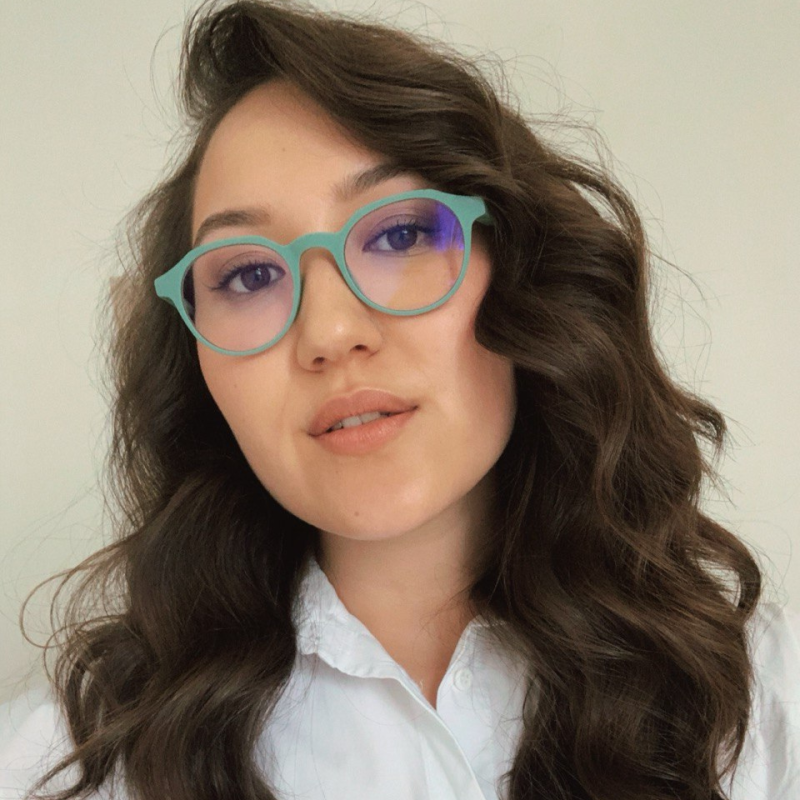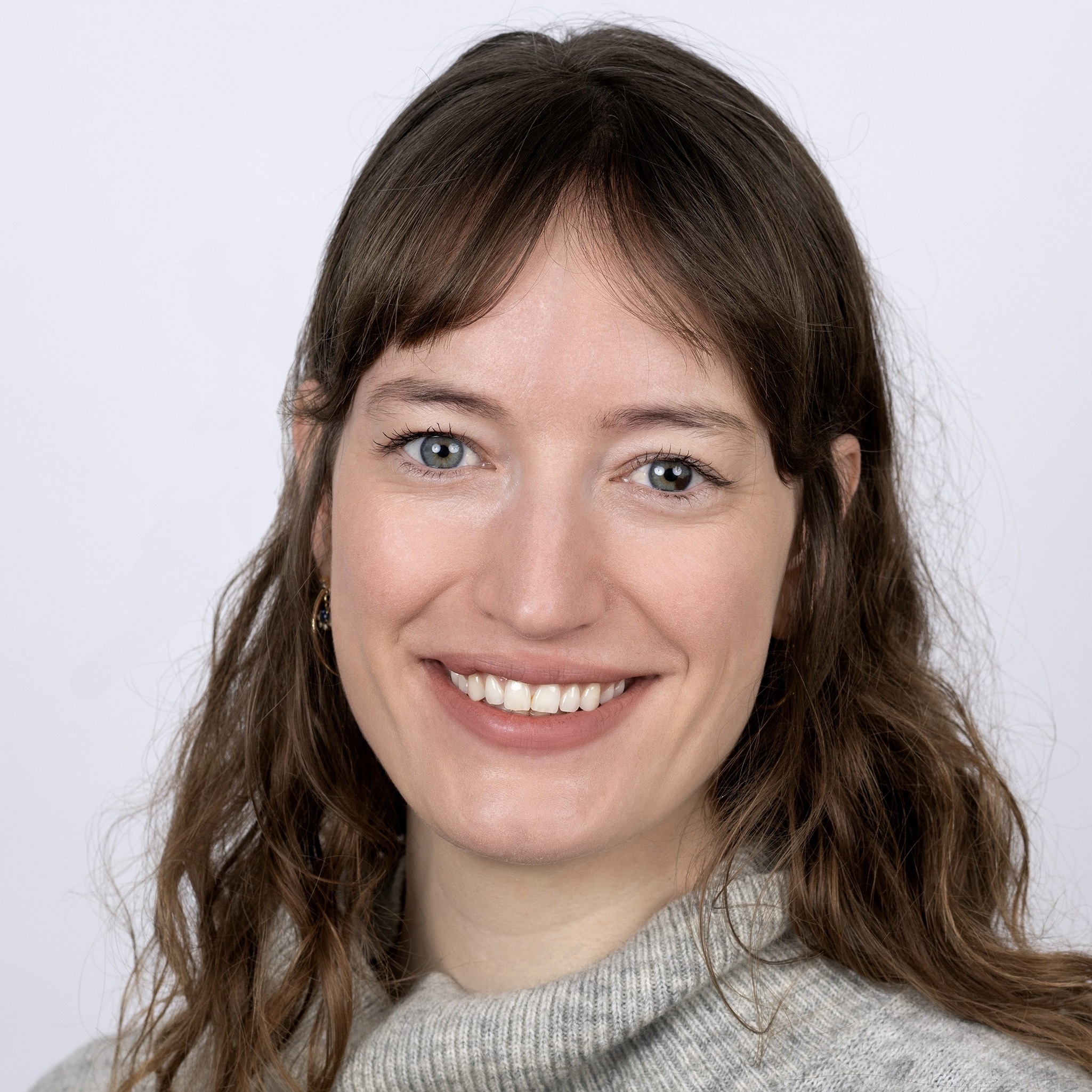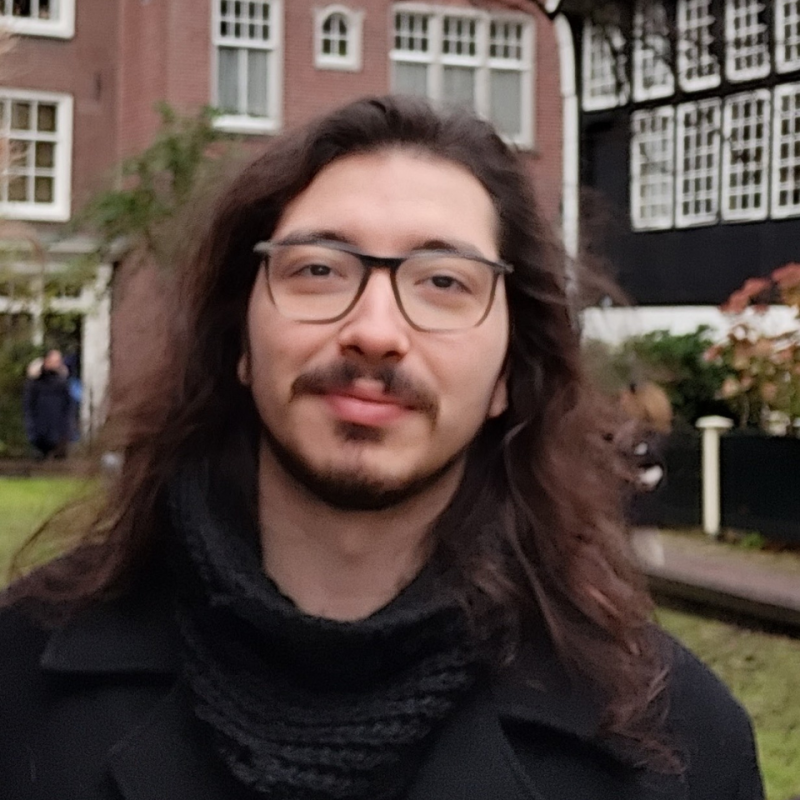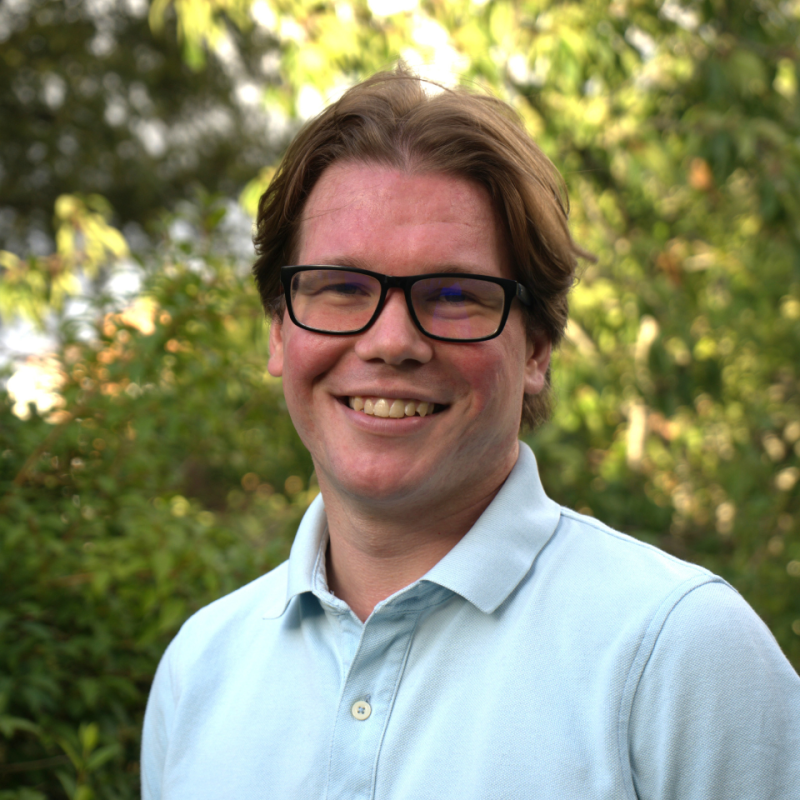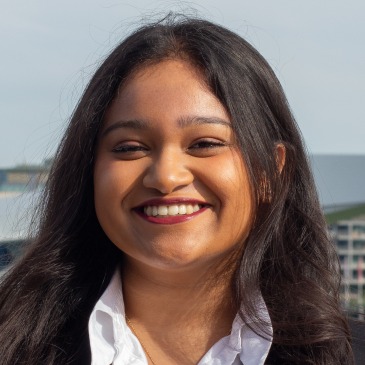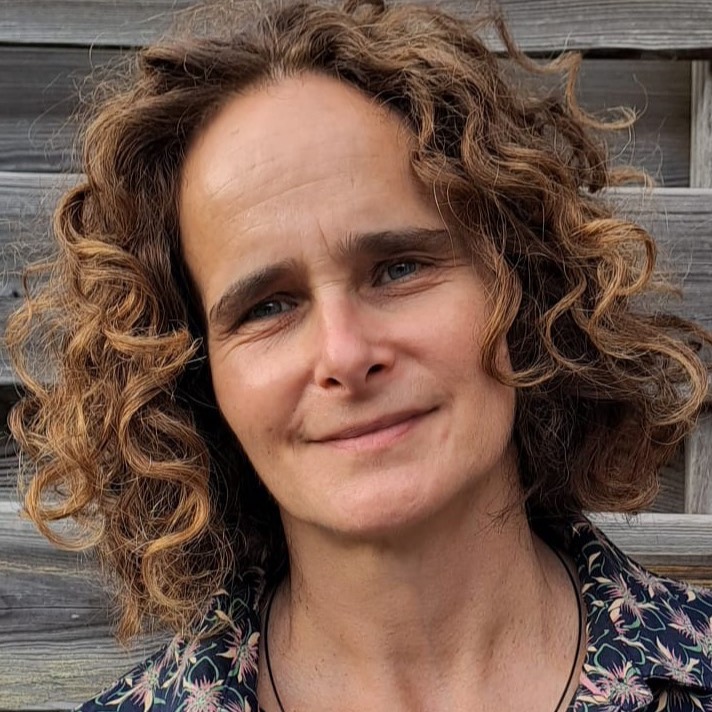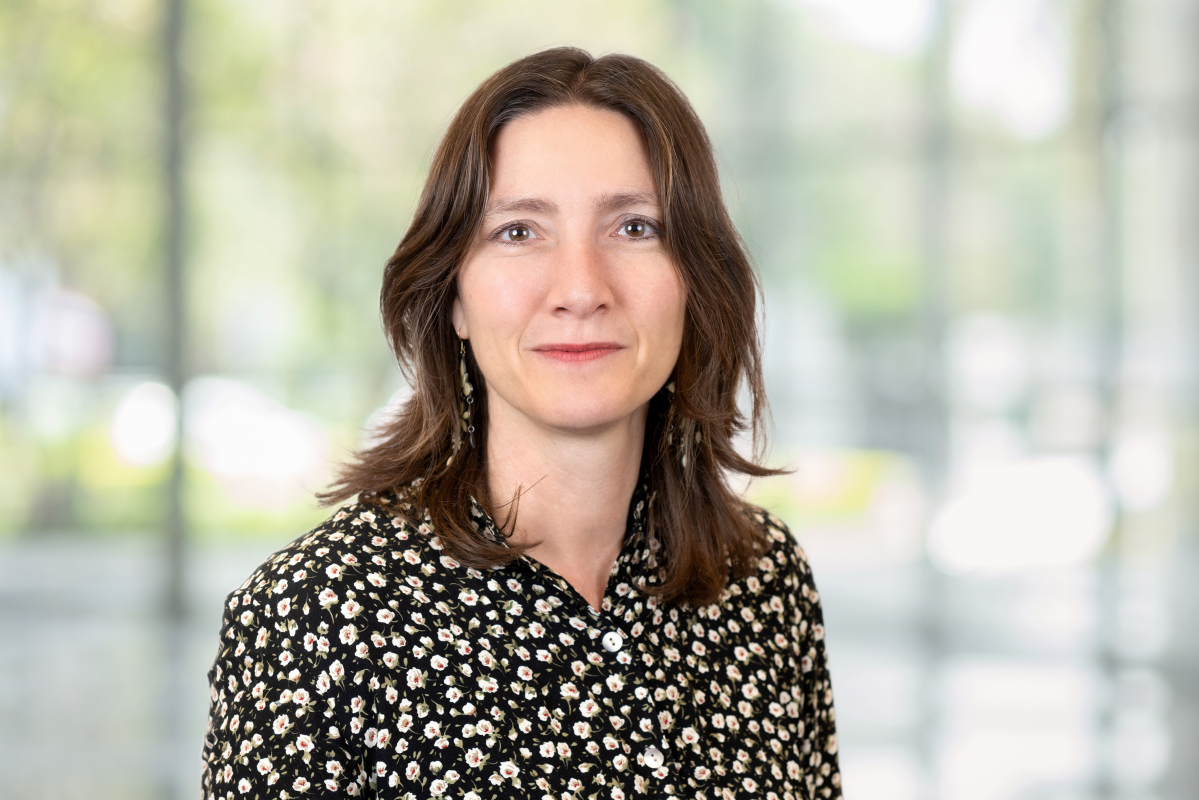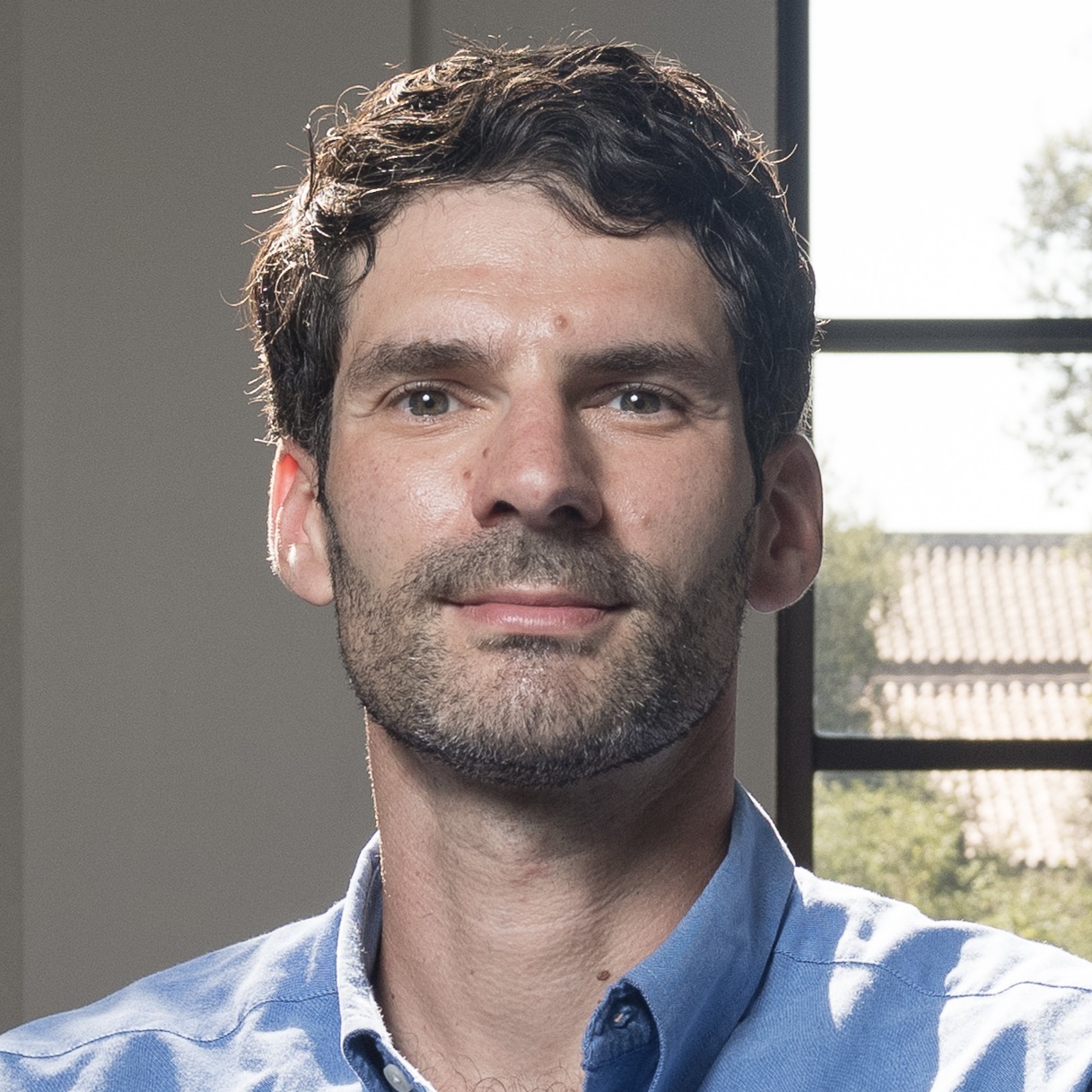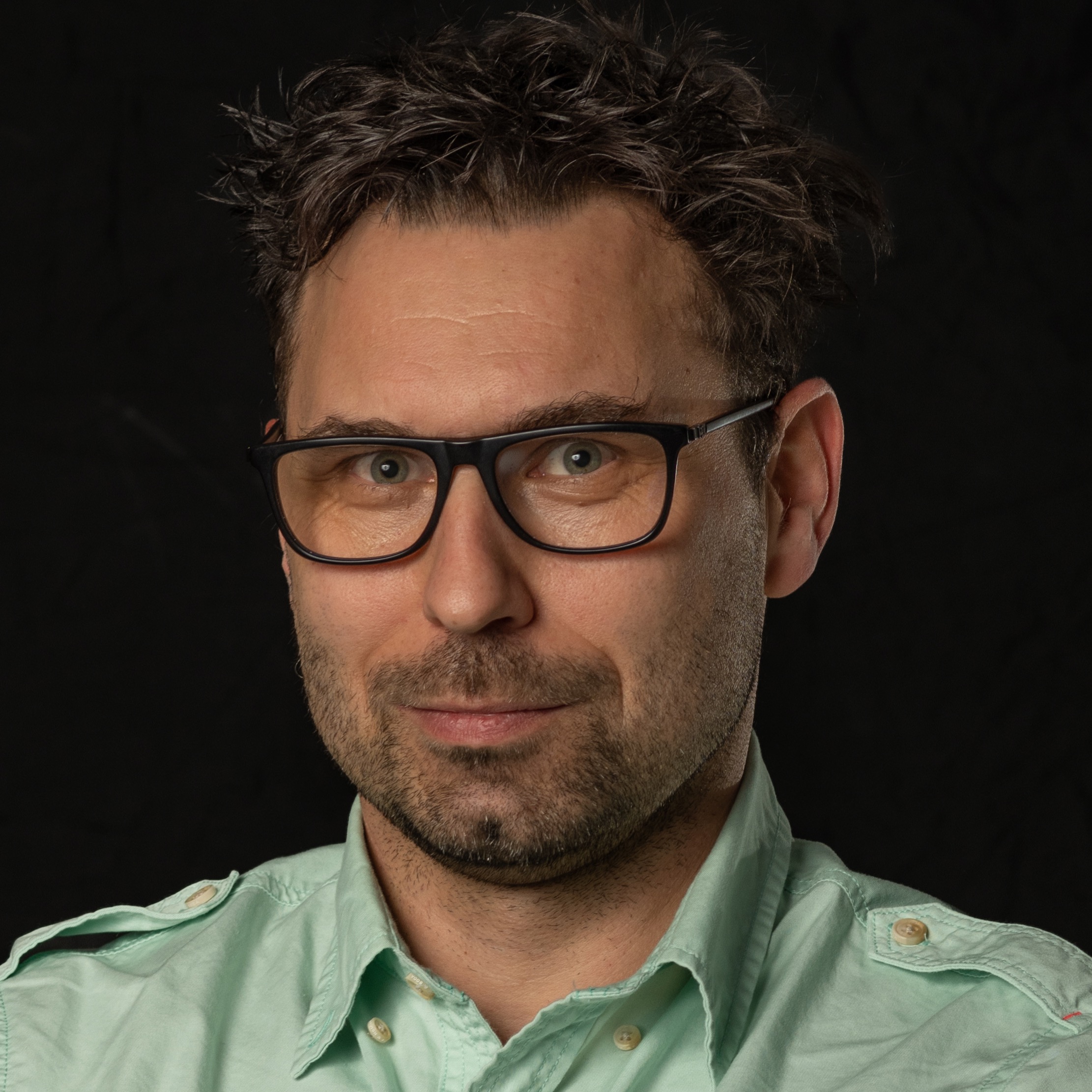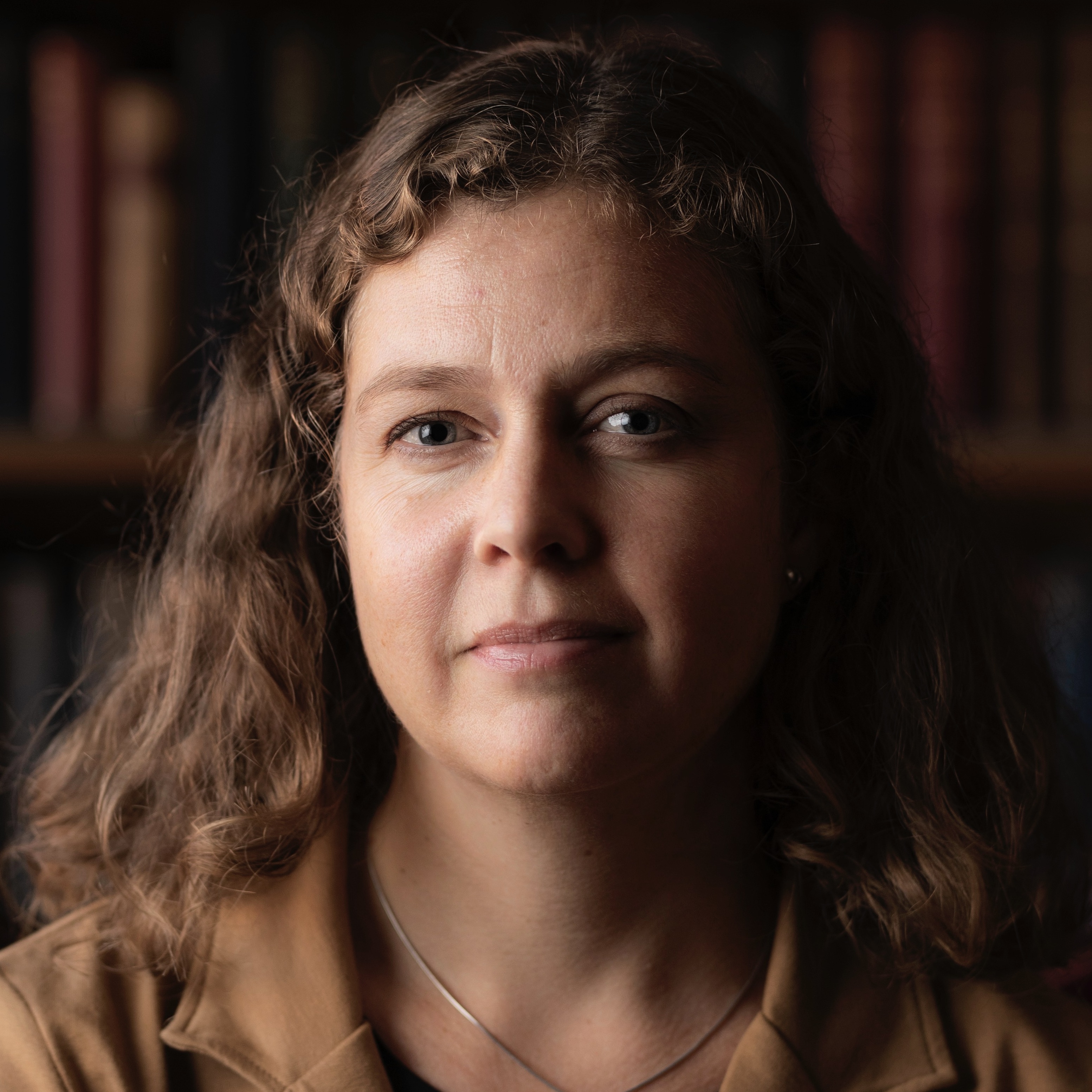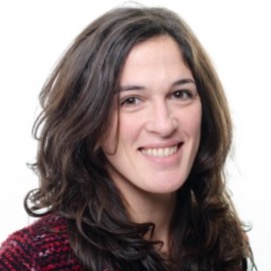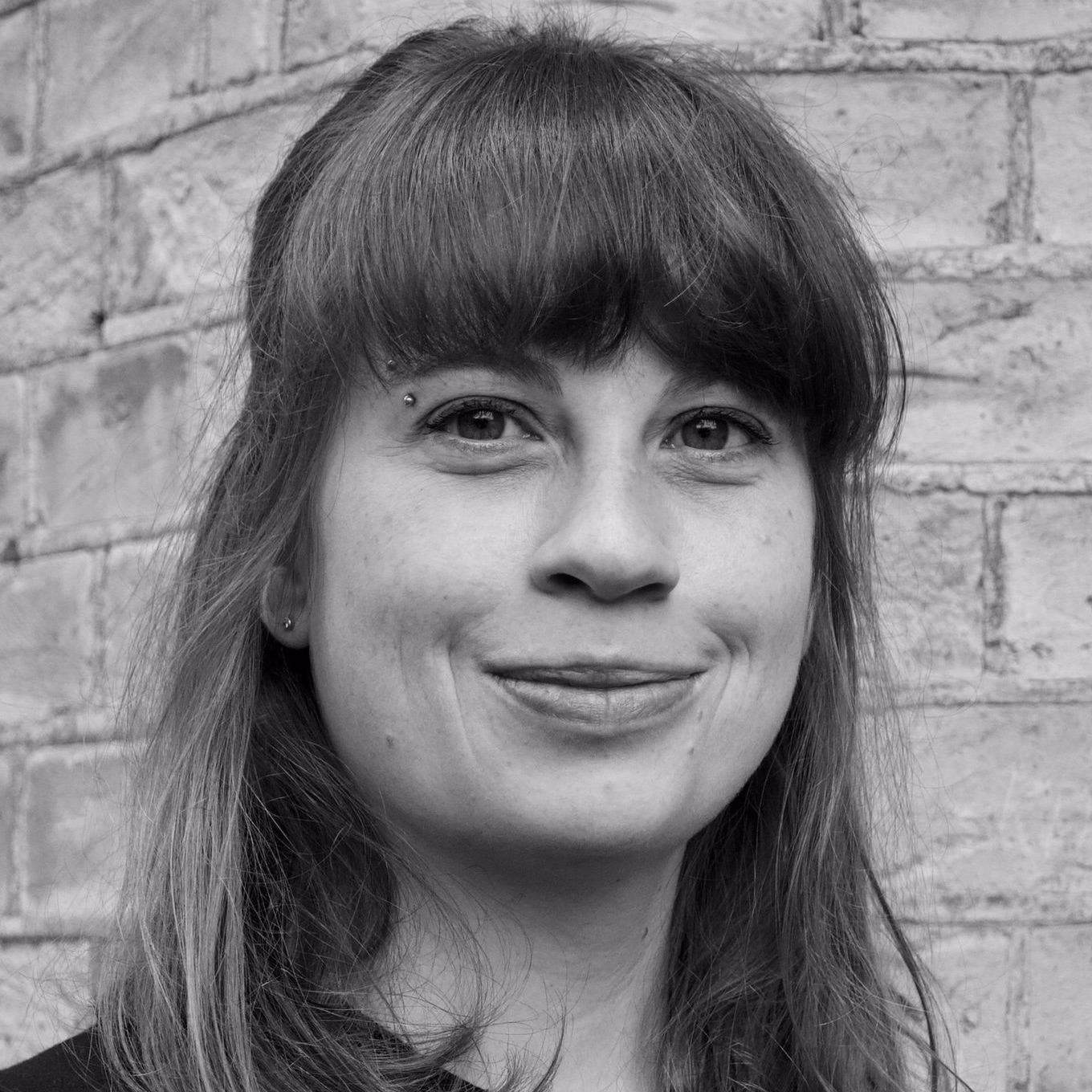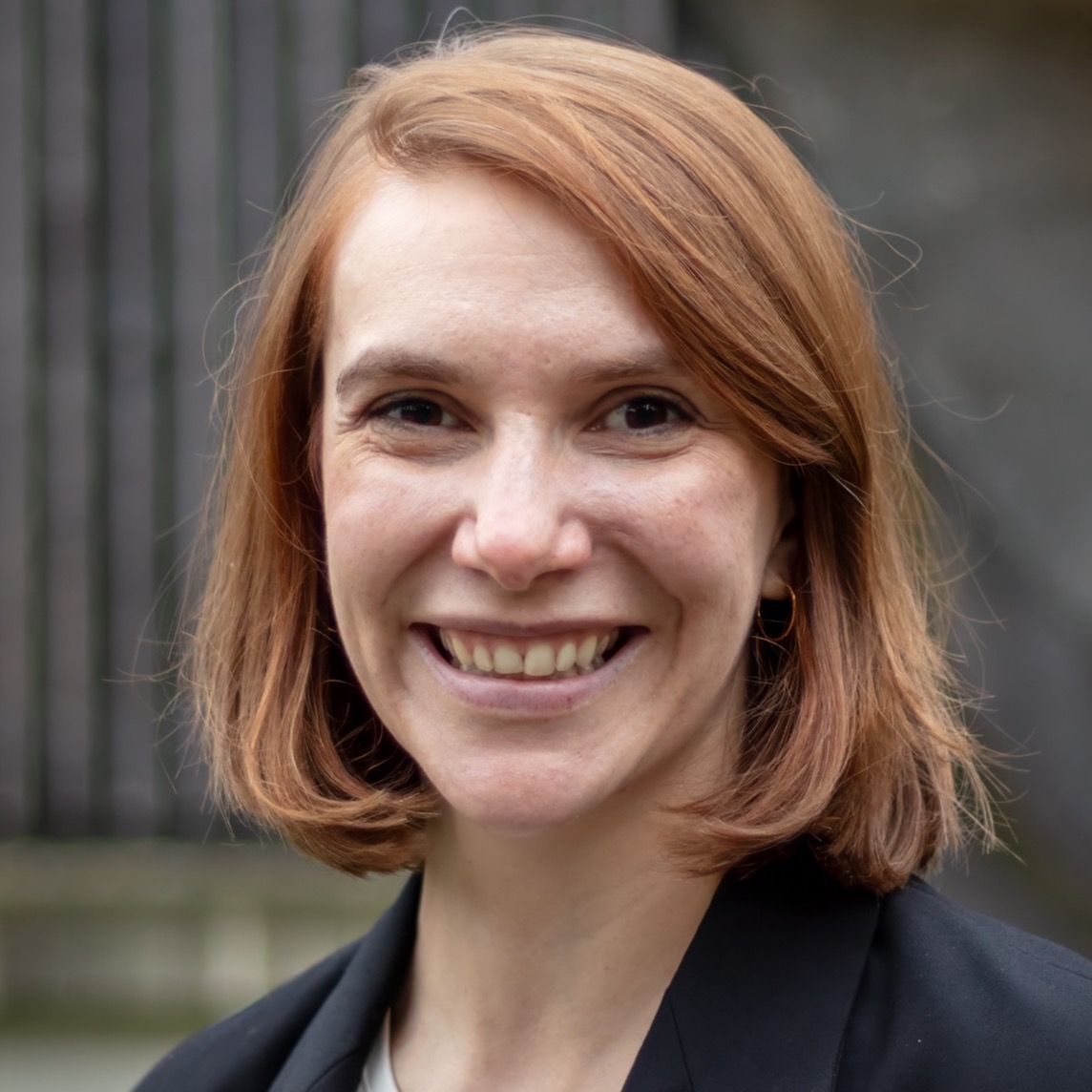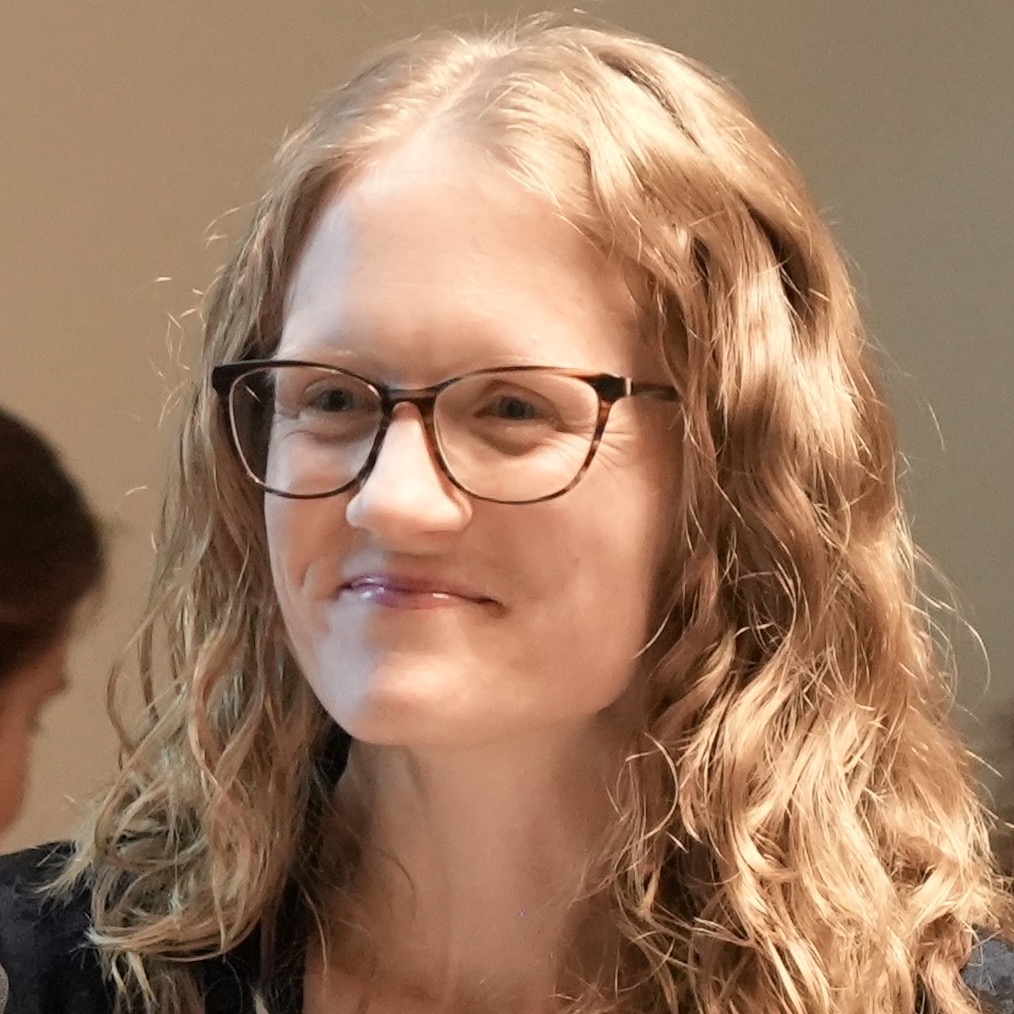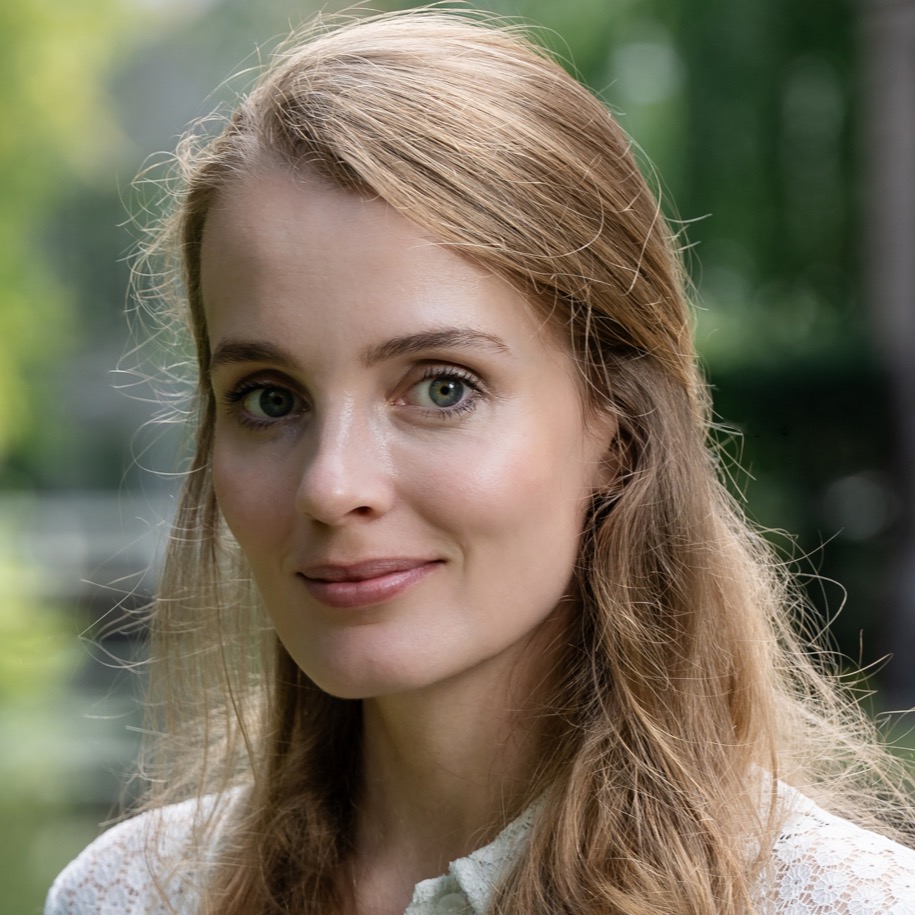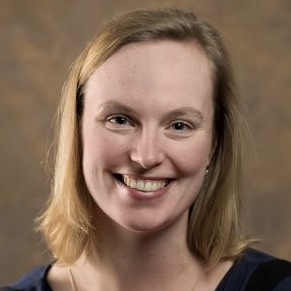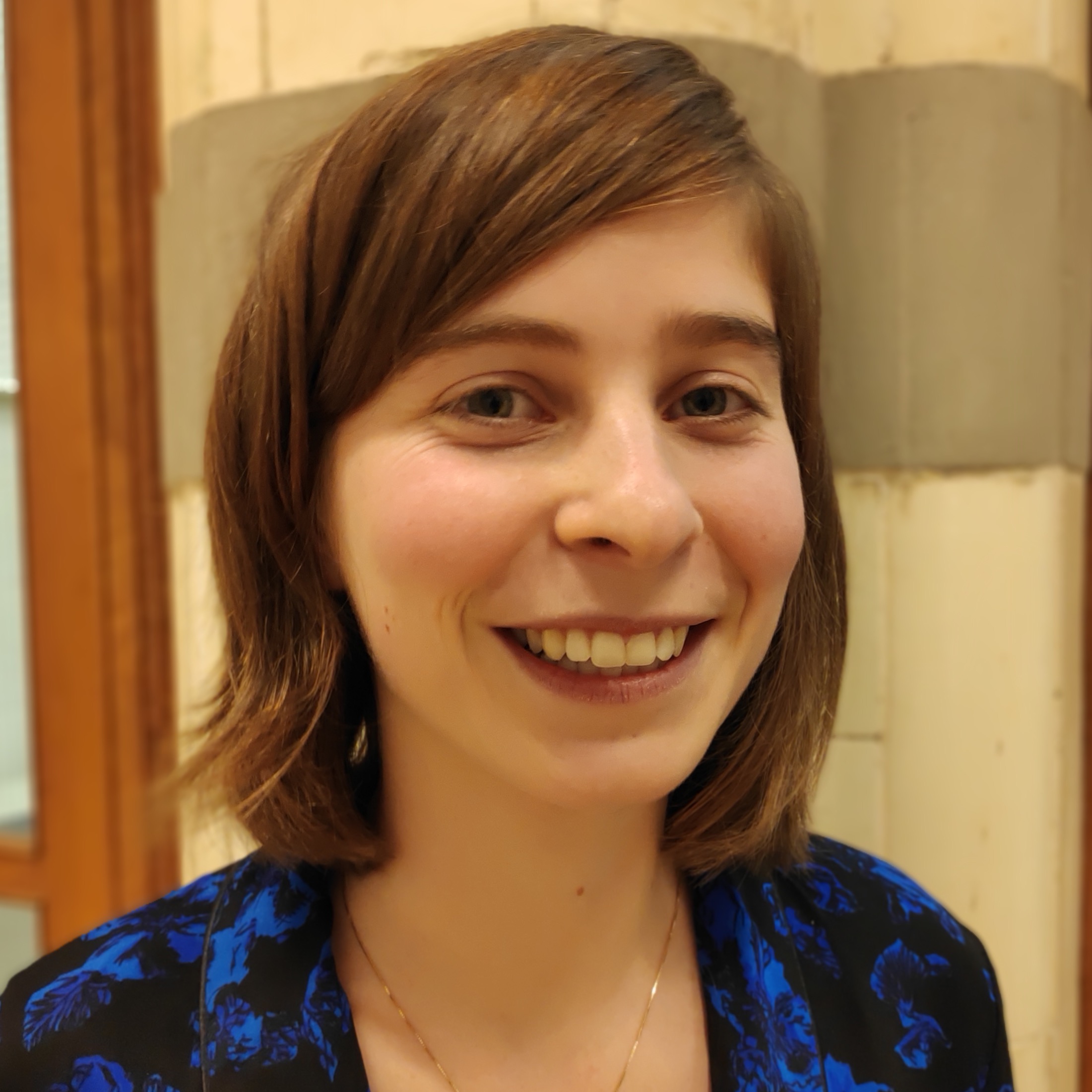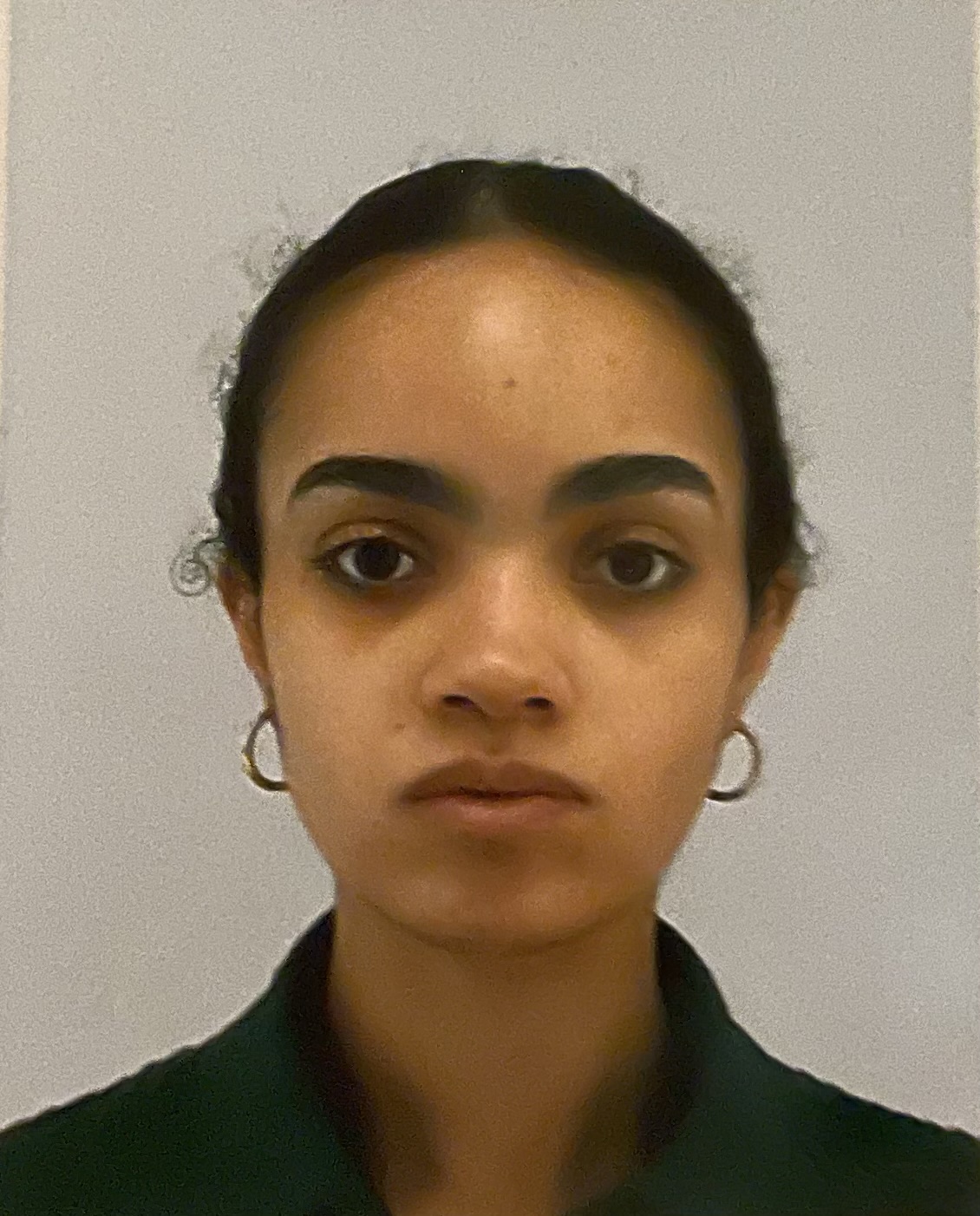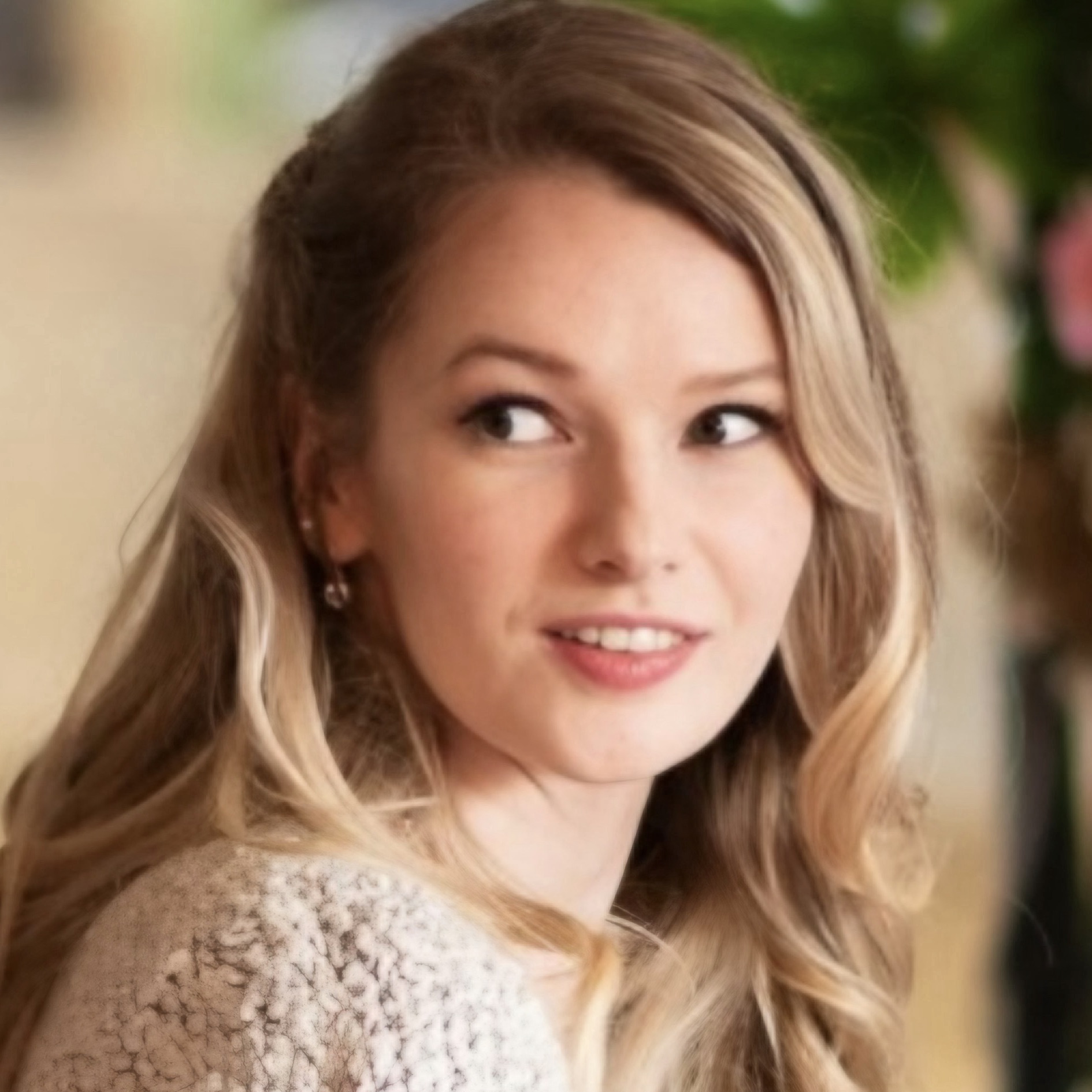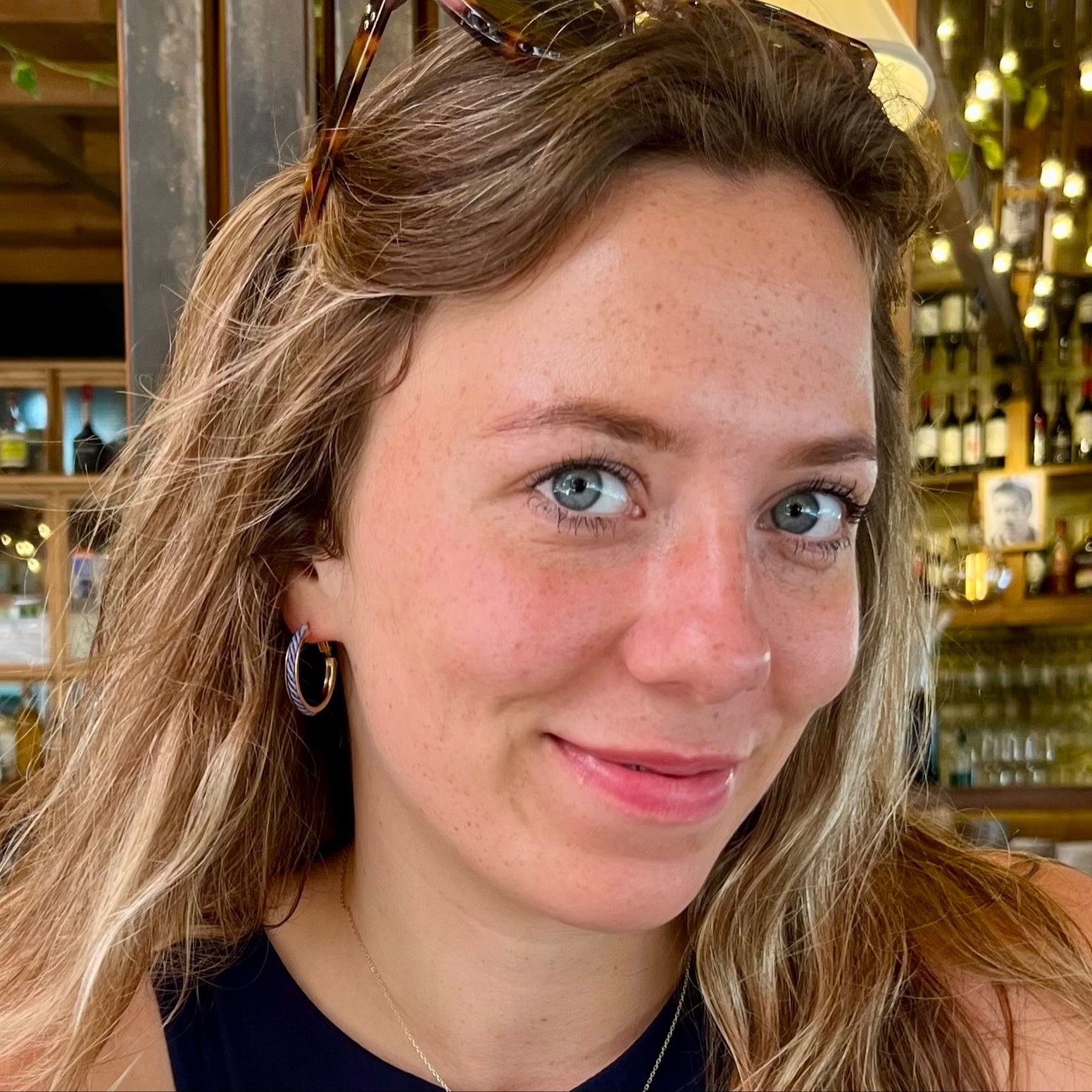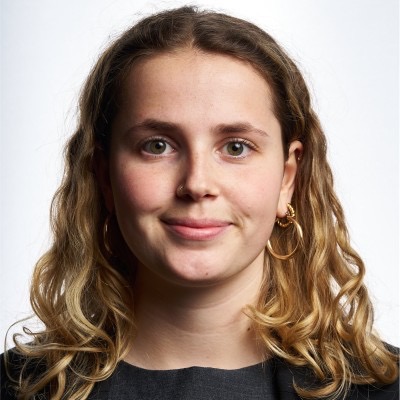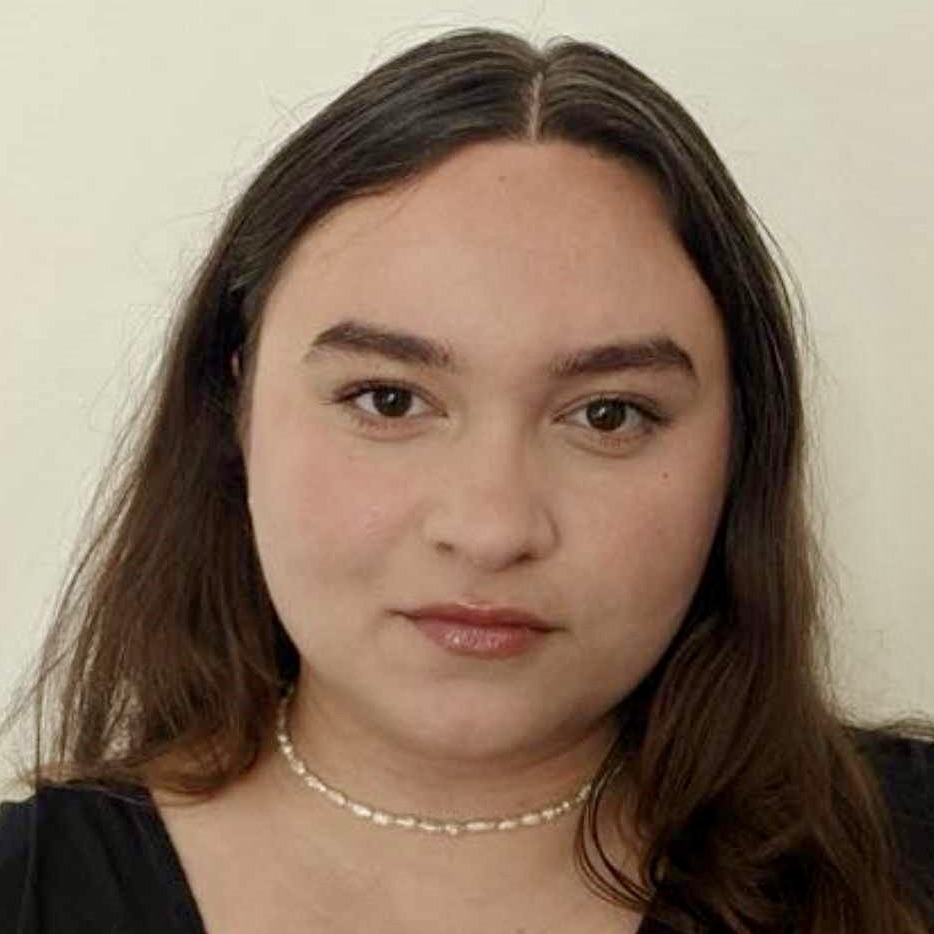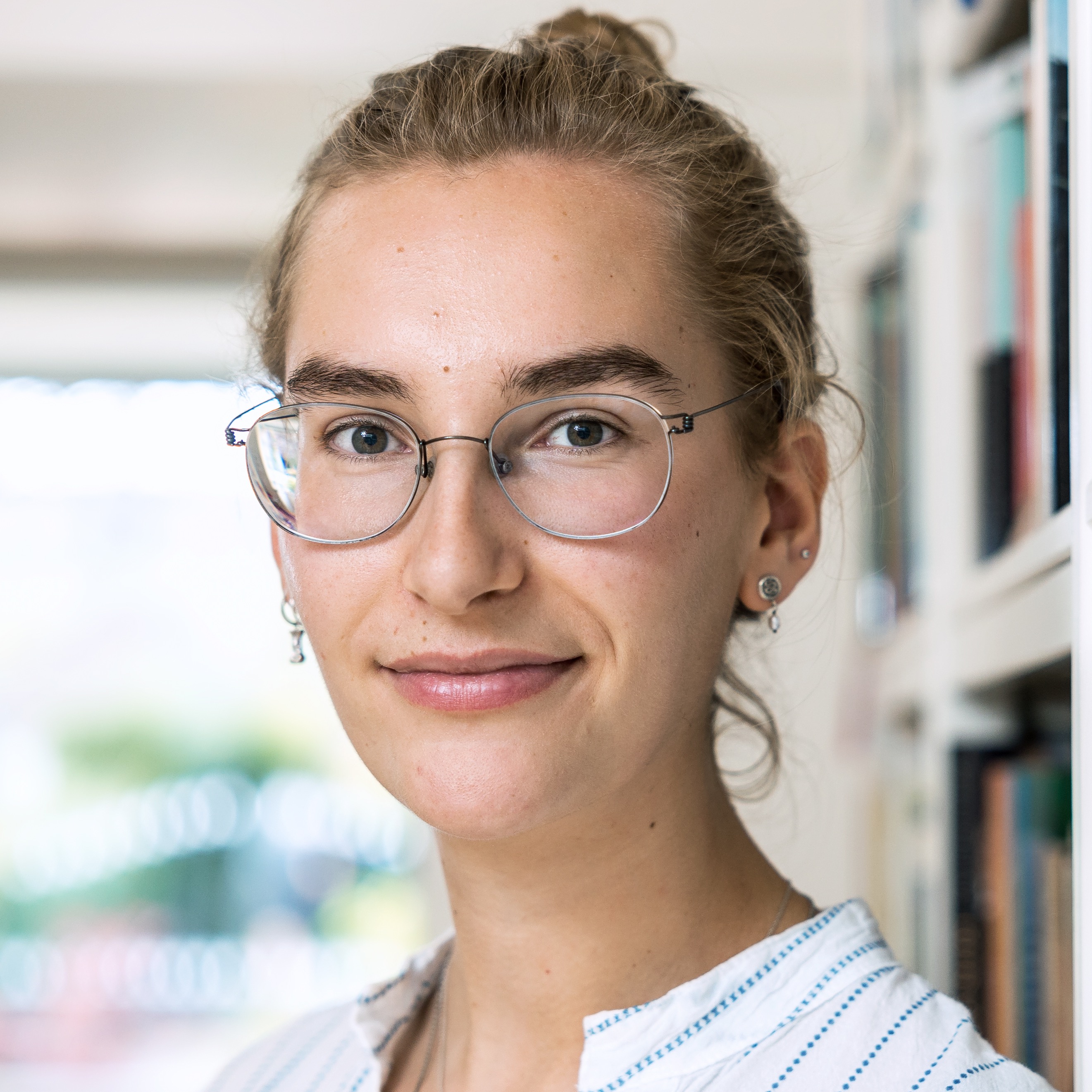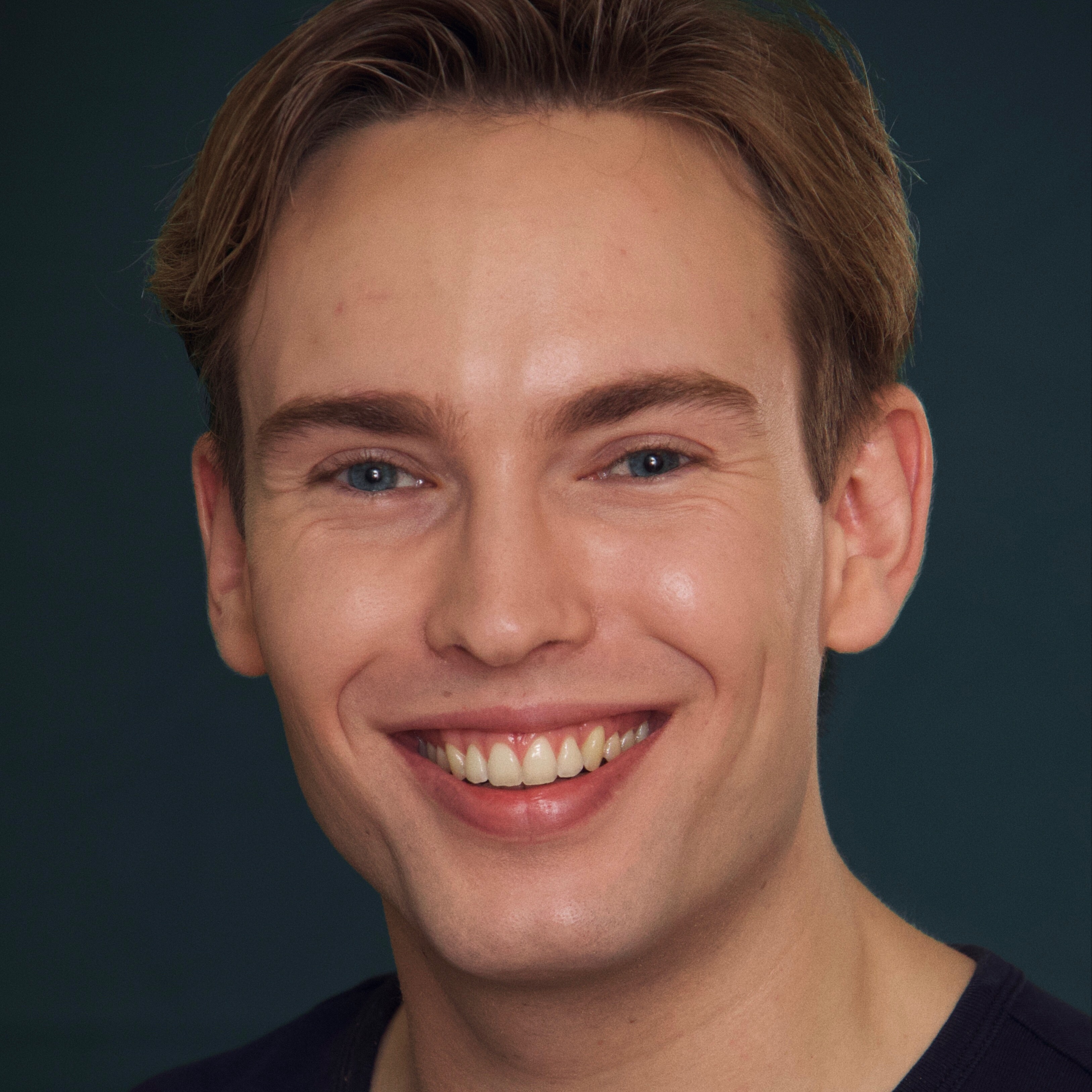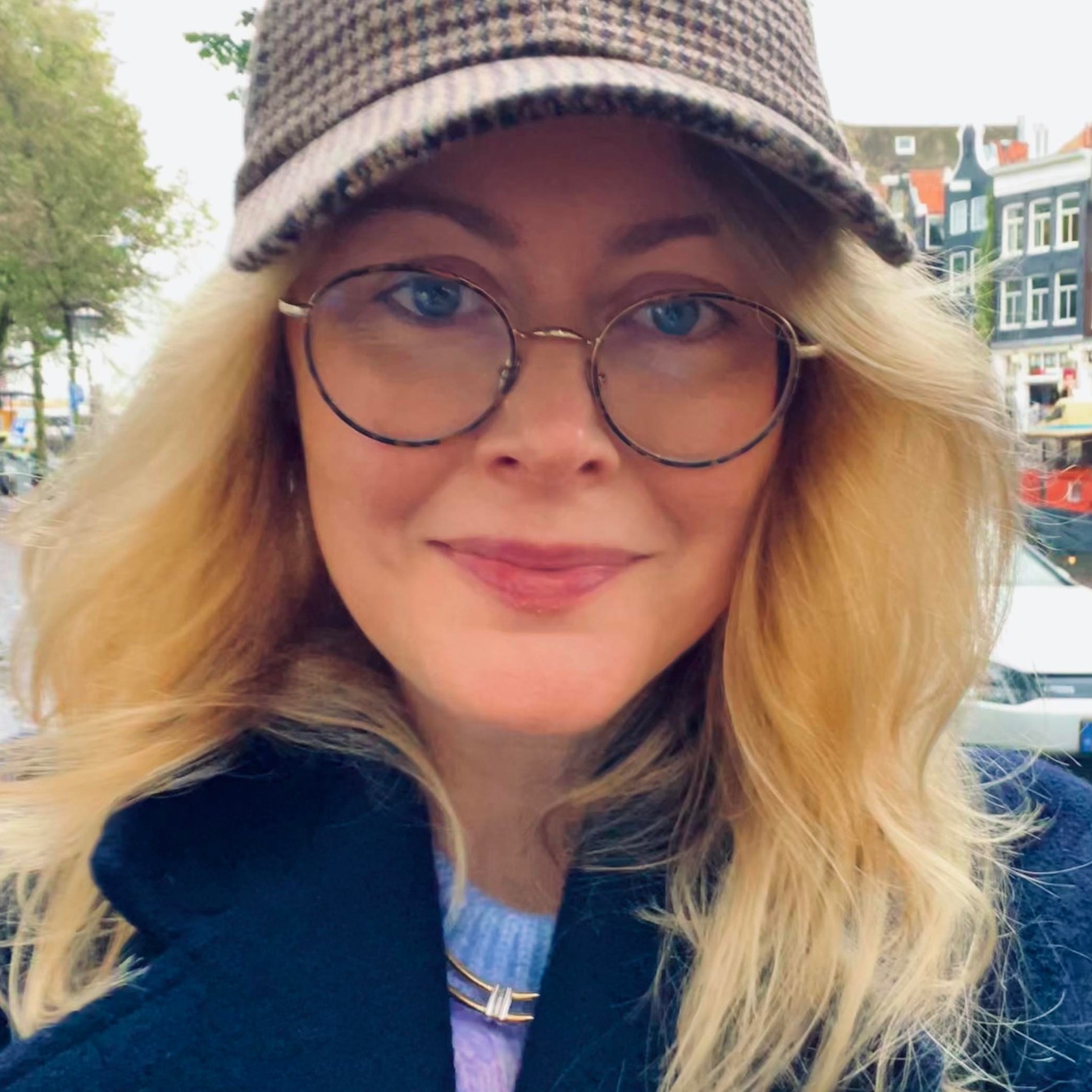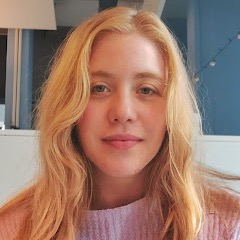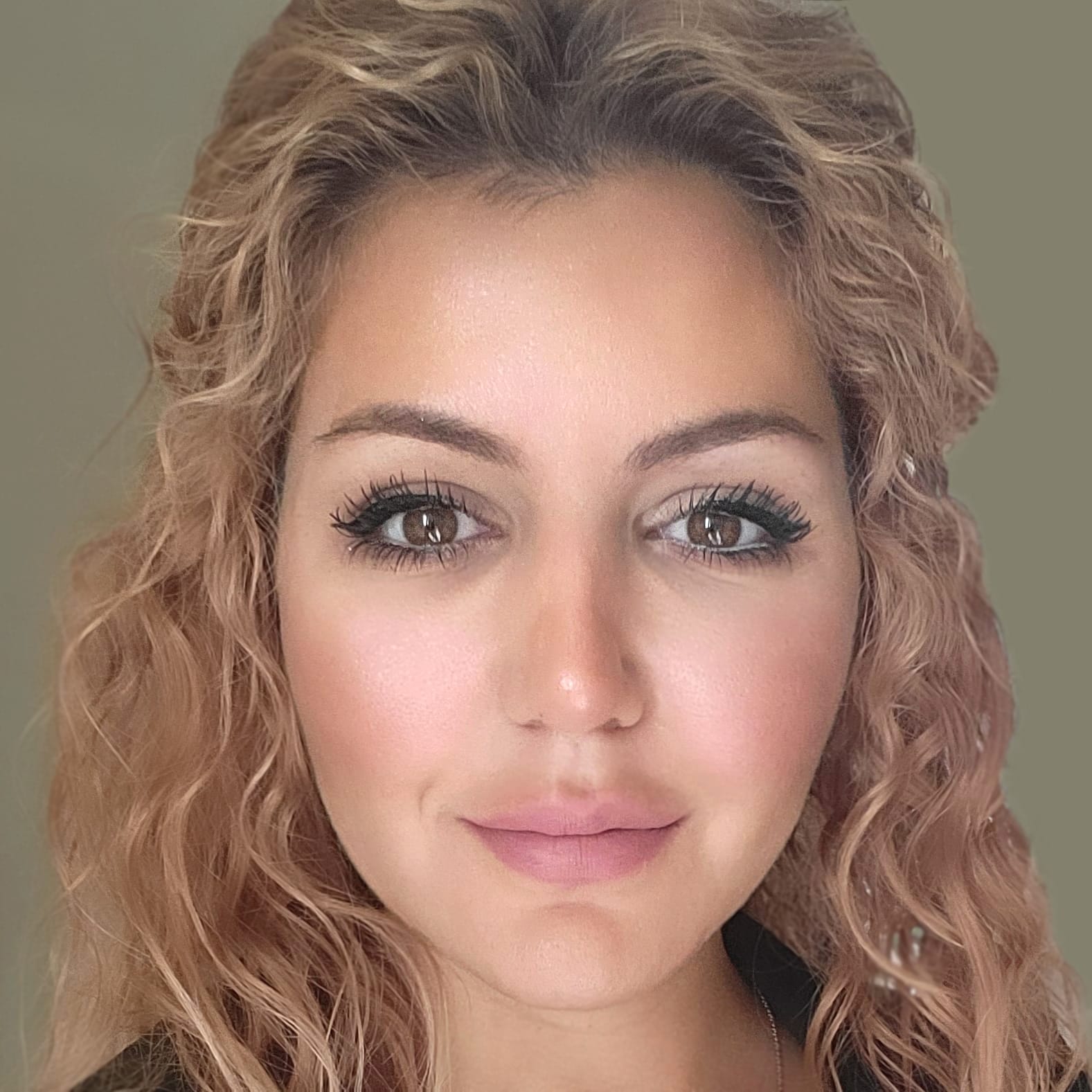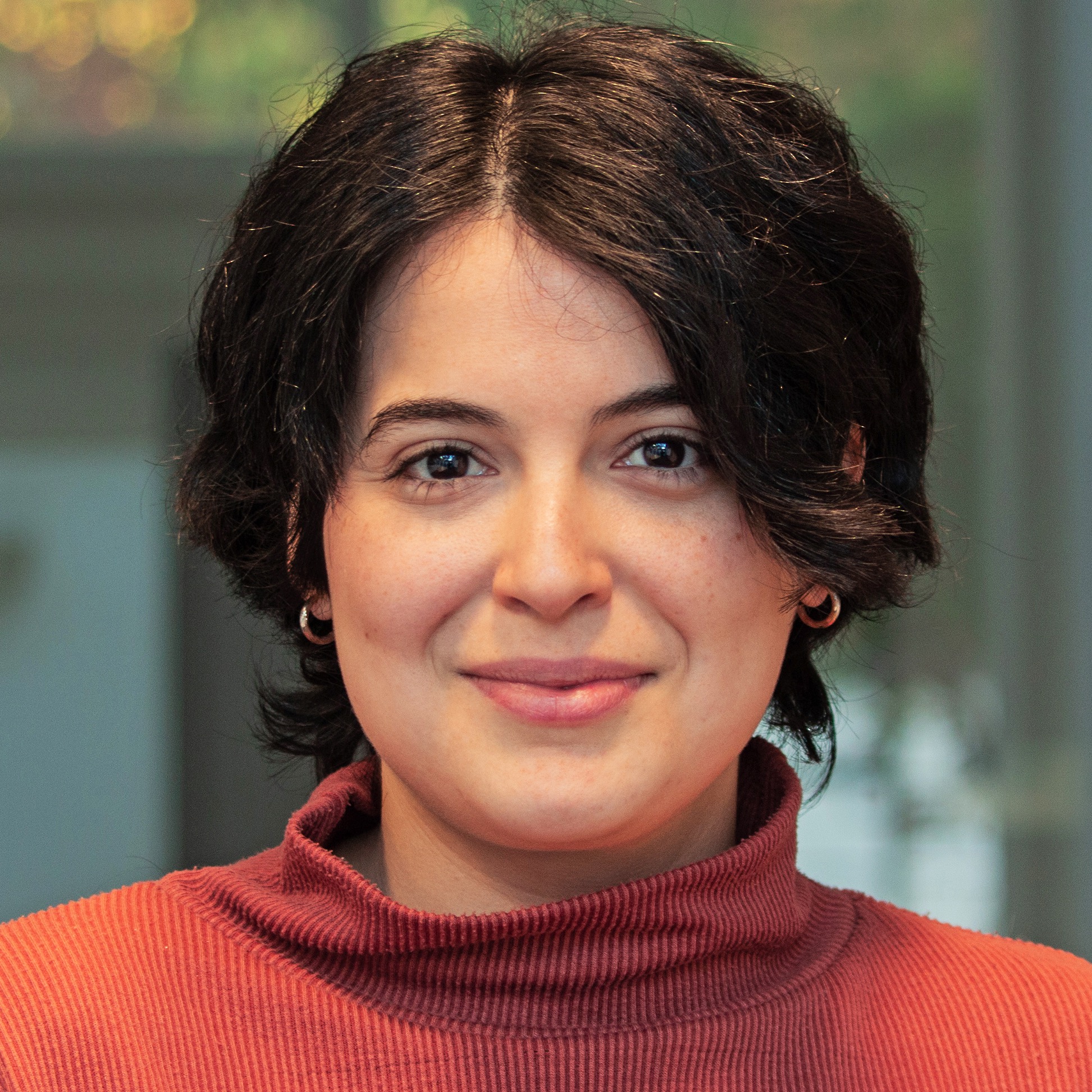What we study
Our research examines explicit and more subtle forms of political inclusion and exclusion. In democracies, most citizens have equal political rights on paper. Yet structural inequalities remain. In some cases gaps have narrowed over time; in others, they are widening (once more). The way in which diversity is political is not static; it is shaped for example by local or global politics. We study contemporary developments – examples include violence against politicians with a migration background, the online backlash against gender equality, the socialization of political masculinities, how representation matters to racialized/ethnically minoritized citizens, and the political representation of trans citizens.
Why we study
The topics we study and the questions that we pose reflect our curiosity: we want to make sense of the political world we live in. At the same time, we champion equality now and in the future. The scientific knowledge we produce contributes to theory formation underpinned by empirical evidence and to methodological innovation. We believe that rigorous scientific knowledge is indispensable to for societies to reflect and to grow. To this end we accessibly communicate our insights beyond the academic ivory tower. Among others, we participate in public debate, speak at events, are active on social media, offer policy advice, and are visible in the media.
Scientific approach and methods
Each project, small or large, is based on systematic research of the highest standards. We study politics and political issues. Our projects contribute to political science as well as wider social science and humanities scholarship. The real-world everyday political questions we study are complex; often, a narrow disciplinary approach would fail to do them justice. Depending on the research topic and question at hand, we draw on disciplines like sociology, psychology and anthropology and subfields such as legislative studies, European studies, politics & gender, migration & ethnic-, disability-, trans- and intersectionality studies. A red thread through our projects are mixed-methods designs. Those can entail everything from co-creative theatre workshops, survey experiments, focus groups, elite interviews, organizational and team ethnography, to “netnography”, topic modelling, and policy- and content analysis.


